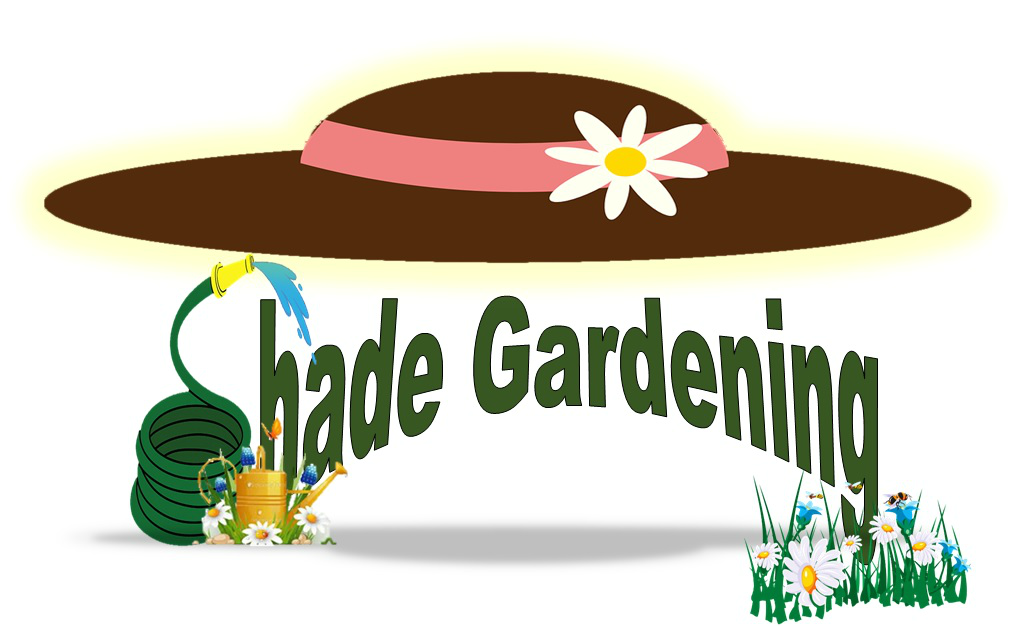Ask Master Gardener Volunteer JoAnn Green
Well, most of us are sheltering at home these days. The children are in a new school environment learning online, and we adults are also in a new environment working from home. Having to learn something new can be stressful, especially when we were adept and experienced with the ‘old’ way of doing things. One way to relieve some of this stress is to get outside if you can, and enjoy the sunshine and fresh air. My article this week is about how gardening activities can relieve stress and also bring the family closer together.
Toddlers and Young Children
Michigan State University has a terrific website with a piece about gardening with young children: https://www.canr.msu.edu/news/gardening_with_young_children_helps_their_development If you have space in your own yard, this site has several activities for toddlers and young children to participate in that will enhance their motor, literacy, and thinking skills. I particularly like giving children tools to let them water plants, rake leaves, or dig in the soil.
Outdoors with your Children
The National Association for the Education of Young Children (NAEYC) also has good information and ideas for getting outdoors with your children: https://www.naeyc.org/our-work/families/7-tips-vegetable-gardening Just be prepared for some mistakes and messes along the way! And the NAEYC site has ideas for nature walks in the neighborhood or parks with your children. This site might help those of you will no backyard, or small spaces in your yard.
What I learned from the research is to take small steps and have one or two goals for the outside activities. One time you may want your young child to discover the different flower colors. Right now, I have dandelions (yellow), Henbit (purple) and Red Buckeye in bloom in my yard. If you are driving on any of our county roads, coreopsis (yellow) and phlox (pink, rose, purple, and white) are in bloom along the shoulders. Play “I spy” and have your child pick out the color you see. Another day you might want to look for
School Aged Children
School-aged children can learn life skills through gardening. An article on the LSU Ag Center website explains that children learn “responsibility, self-confidence, communication, and observation skills through gardening. I liked the part about adults “explaining the natural processes about plant growth and food production”. We can do this on walks with children by pointing out different plants in the neighborhood or a park, and how the plants feed the different wildlife, or while in the vegetable garden talk about how we get tomatoes or corn to eat ((https://www.lsuagcenter.com/topics/lawn_garden/home_gardening/gardening-teaches-kids-life-skills ). Children learn the process of how a plant germinates from seed, and how the roots, leaves, stems, flowers, and fruits each play a part in food production.
The Arizona Farm Bureau: https://fillyourplate.org/blog/what-kids-can-learn-from-gardening/ also discusses skills children learn from gardening. I love that this article encourages us to get outdoors with the whole family! Something to be mindful of is when other families or children might be outside at the same time as you. Since we are in a time of social distancing, we want to plan for times when our children can enjoy the outdoors and not be frustrated that they cannot play or meet with their friends.
Ask school aged children what they are learning online and then see if there are ways you can ‘bring their lessons to life’ when outdoors. Having them measure and record growth of plants might coincide with math or science modules. Writing a short report on what they observed in the garden or on your walk helps with literacy and communication skills. Drawing a map of your landscape or the street you live on helps with proportions and observational skills. The practical application really helps with learning and retention!
With school-aged children and teens who are environmentally conscious, you can have discussions about methods to manage diseases and pests in the garden without using chemicals. Or how to use chemicals responsibly. Also think about sustainable gardening, and perhaps planting vegetables or herbs in your ornamental beds.
Share Your Ideas
We would love to hear from those of you who are in the midst of being at home during these times. What are you doing to help relieve stress and find positive ways to be engaged? Are you taking time to play games, or read aloud to the family? If you are able to get outside, what activities do you find are particularly enjoyed by children? Have you found any websites or articles that are particularly helpful?
If you have any questions or suggestions for future articles please email to wakullamg@ifas.ufl.edu
| The Institute of Food and Agricultural Sciences (IFAS) is an Equal Opportunity Institution authorized to provide research, educational information, and other services only to individuals and institutions that function with non-discrimination with respect to race, creed, color, religion, age, disability, sex, sexual orientation, marital status, national origin, political opinions, or affiliations. U.S. Department of Agriculture, Cooperative Extension Service, University of Florida, IFAS, Florida A&M University Cooperative Extension Program, and Boards of County Commissioners Cooperating |
 0
0




